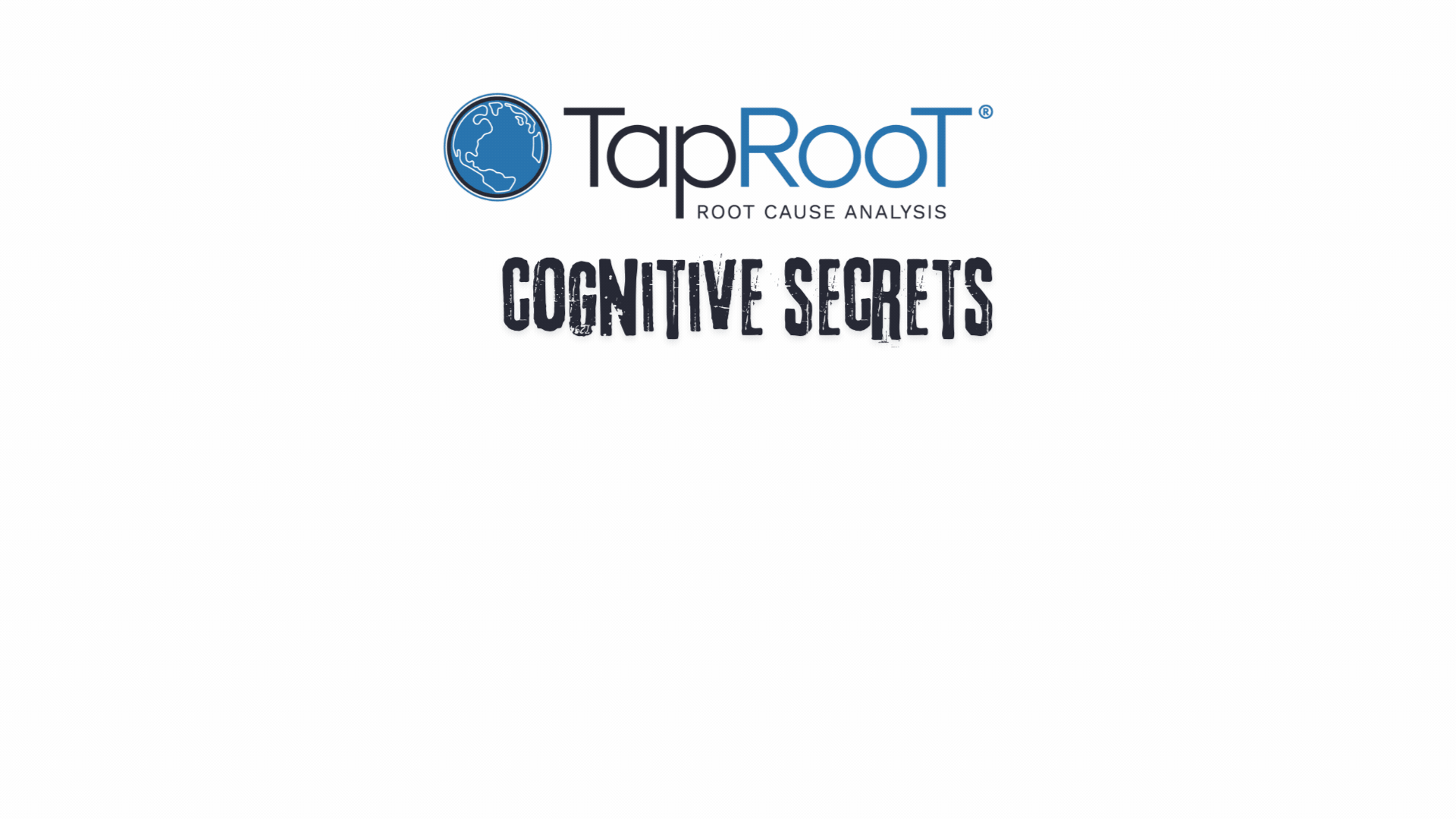Cognitive Secrets: The Science Behind Emotions

Emotions are not just fleeting feelings but powerful influencers of human behavior and performance, especially in high-stress environments. In this blog, we’ll explore how emotions impact human performance, delve into their effects on cognitive function and decision-making, and discuss strategies to manage emotions for optimal performance outcomes.
If you haven’t read the other articles in this series, read about 1) the science behind memory 2) the science behind decision-making 3) the science behind attention, and 4) the science behind perception.
The Influence of Emotions on Human Performance
Emotions play a significant role in shaping our responses and behaviors across various situations. In environments where quick decision-making and precise actions are crucial—such as emergency response, sports, and healthcare—emotional states can either enhance or hinder performance.
Emotional States and Cognitive Function
Research indicates that different emotional states can directly influence cognitive functions such as attention, memory, and problem-solving abilities. For example, high levels of stress and anxiety can narrow attentional focus, making it difficult to perceive peripheral information critical for decision-making. Conversely, positive emotions like enthusiasm and confidence can broaden cognitive scope, enhancing creativity and strategic thinking.
Decision-Making Under Emotional Influence
Emotional states also impact decision-making processes. Fear and stress may lead to risk aversion or impulsivity, affecting the quality of decisions made under pressure. Understanding how emotions bias decision-making can help individuals and teams implement strategies to mitigate these biases and improve decision outcomes.
Error Rates and Emotional Regulation
In high-stakes environments, emotional regulation—the ability to manage and control emotions—is crucial for minimizing error rates. Emotionally intelligent individuals can maintain composure, even in stressful situations, reducing the likelihood of making costly mistakes. Techniques such as mindfulness, relaxation techniques, and cognitive reappraisal can help regulate emotions effectively.
Methods to Manage Emotions for Optimal Performance
- Mindfulness and Meditation: Practices that promote mindfulness and meditation can enhance emotional regulation by increasing awareness of emotional states and providing tools to manage them effectively.
- Cognitive Reappraisal: This technique involves reframing negative emotions or stressful situations in a more positive or constructive light, thereby reducing their impact on performance.
- Stress Management Techniques: Physical exercises, deep breathing exercises, and relaxation techniques can help reduce physiological arousal associated with stress, promoting a calmer emotional state.
- Emotional Intelligence Training: Developing emotional intelligence through training programs can improve self-awareness, empathy, and interpersonal skills, all of which contribute to better emotional regulation and performance. We have a great selection of psychology-centered courses at the 2025 Global TapRooT® Summit—details coming soon!
Conclusion
Emotions are integral to human experience and profoundly influence how we perform under pressure. By understanding the science behind emotions—how they affect cognitive function, decision-making, and error rates—and implementing effective emotional management strategies, individuals and organizations can enhance performance outcomes and achieve greater success. Mastering the cognitive secrets of emotions empowers individuals to navigate high-stress environments with clarity and resilience, ensuring optimal performance and well-being in all aspects of life and work.
I hope you enjoyed reading this short series on Cognitive Secrets. Feel free to contact me or follow me on LinkedIn for more TapRooT® RCA content.

Sources:
- American Psychological Association (APA)
- National Institutes of Health (NIH)
- Journal of Experimental Psychology



